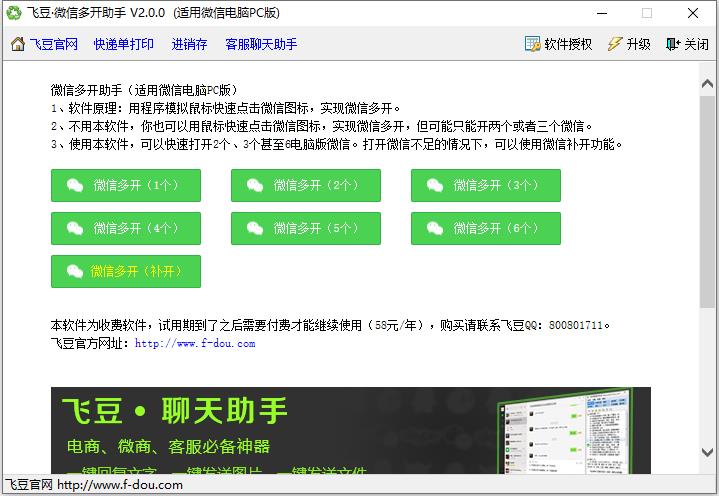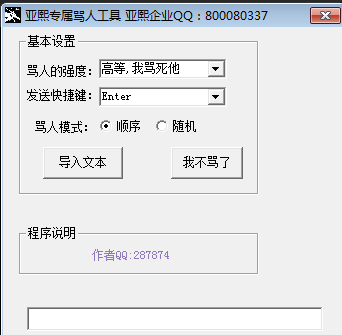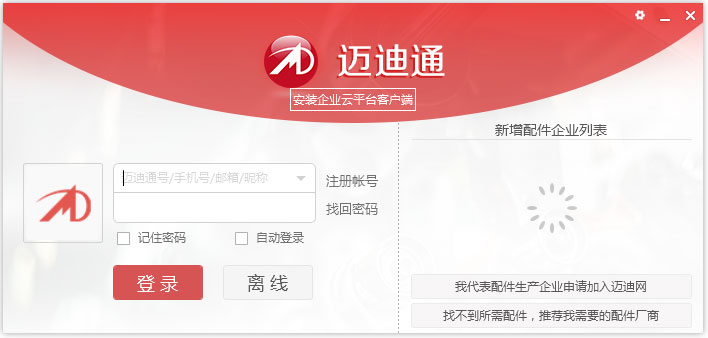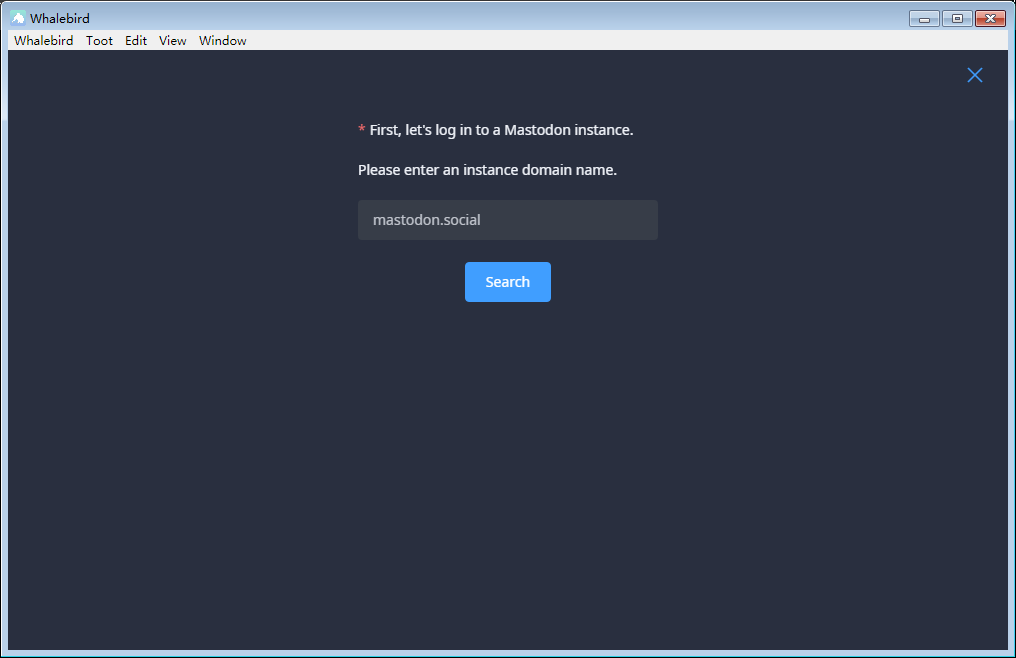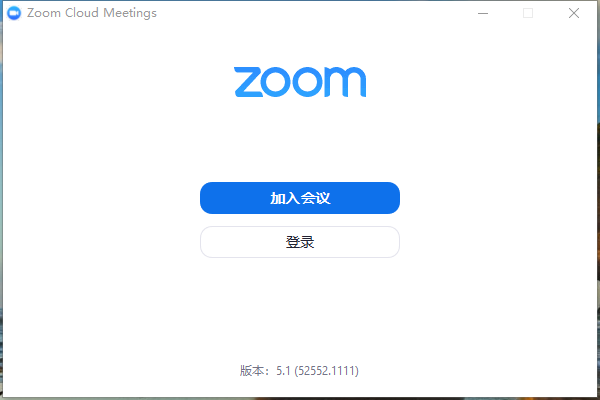Unity配置
时间:2022-03-26 19:36
1.web.config中添加以下节点
<configSections>
<section name="unity" type="Microsoft.Practices.Unity.Configuration.UnityConfigurationSection, Microsoft.Practices.Unity.Configuration"/>
</configSections>
<unity configSource="unity.config"/>
2.添加unity.config配置文件
命名空间名.类名,程序集名(接口对应的实现)
<unity xmlns="http://schemas.microsoft.com/practices/2010/unity">
<container>
<!--service-->
<register type="MediaPlatform.Core.IService.IMeidaService,MediaPlatform.Core" mapTo="MediaPlatform.Service.MediaService,MediaPlatform.Service">
<lifetime type="ContainerControlledLifetimeManager" />
</register>
<!--repository-->
<register type="MediaPlatform.Core.IRepository.IMediaRepository,MediaPlatform.Core" mapTo="MediaPlatform.Repository.MediaRepository,MediaPlatform.Repository">
<lifetime type="ContainerControlledLifetimeManager" />
</register>
</container>
</unity>
3.使用
IMeidaService _meidaService = AppServiceLocator.Instance.GetInstance<IMeidaService>();
IMediaRepository _mediaRepository = AppServiceLocator.Instance.GetInstance<IMediaRepository>();
AppServiceLocator.cs类
public class AppServiceLocator
{
#region Private Variables
/// <summary>
/// A UnityContainer object for managing service instances.
/// </summary>
private IUnityContainer container;
#endregion
#region Constructors
/// <summary>
/// Initializes static members of the <see cref="AppServiceLocator" /> class.
/// </summary>
static AppServiceLocator()
{
Instance = new AppServiceLocator();
}
/// <summary>
/// Initializes a new instance of the <see cref="AppServiceLocator"/> class.
/// </summary>
public AppServiceLocator()
: this(new UnityContainer())
{
}
/// <summary>
/// Initializes a new instance of the <see cref="AppServiceLocator"/> class.
/// </summary>
/// <param name="container">A UnityContainer to be used for managing service instances</param>
public AppServiceLocator(IUnityContainer container)
{
this.container = container;
// Load the default container configuration
this.container.LoadConfiguration();
}
#endregion
/// <summary>
/// Gets an instance of AppServiceLocator
/// </summary>
public static AppServiceLocator Instance { get; private set; }
#region Public Methods
/// <summary>
/// Indicates whether a type has been registered.
/// </summary>
/// <typeparam name="T">Type to check</typeparam>
/// <returns>True if the type has been registered.</returns>
public bool IsRegistered<T>()
{
return this.container.IsRegistered<T>();
}
/// <summary>
/// Register a Type and resolve an instance.
/// </summary>
/// <typeparam name="TFrom">Interface Type</typeparam>
/// <typeparam name="TTo">Implementation Type</typeparam>
public void RegisterType<TFrom, TTo>() where TTo : TFrom
{
this.container.RegisterType<TFrom, TTo>();
}
/// <summary>
/// Register a Type and resolve an instance.
/// </summary>
/// <typeparam name="TFrom">Interface Type</typeparam>
/// <typeparam name="TTo">Implementation Type</typeparam>
/// <param name="injectionMembers">Array of injection members</param>
public void RegisterType<TFrom, TTo>(params InjectionMember[] injectionMembers) where TTo : TFrom
{
this.container.RegisterType<TFrom, TTo>(injectionMembers);
}
/// <summary>
/// Register a Type and resolve an instance.
/// </summary>
/// <typeparam name="TFrom">Interface Type</typeparam>
/// <typeparam name="TTo">Implementation Type</typeparam>
/// <param name="name">The name of the item to register.</param>
/// <param name="injectionMembers">Array of injection members</param>
public void RegisterType<TFrom, TTo>(string name, params InjectionMember[] injectionMembers) where TTo : TFrom
{
this.container.RegisterType<TFrom, TTo>(name, injectionMembers);
}
/// <summary>
/// Register an instance of a Type
/// </summary>
/// <typeparam name="TInterface">Type to be registered</typeparam>
/// <param name="instance">Instance to be registered.</param>
public void RegisterInstance<TInterface>(TInterface instance)
{
this.container.RegisterInstance<TInterface>(instance);
}
/// <summary>
/// Register an instance of a Type
/// </summary>
/// <typeparam name="TInterface">Type to be registered</typeparam>
/// <param name="name">The name of the item to register.</param>
/// <param name="instance">Instance to be registered.</param>
public void RegisterInstance<TInterface>(string name, TInterface instance)
{
this.container.RegisterInstance<TInterface>(name, instance);
}
/// <summary>
/// Retrieve an instance of the requested service.
/// </summary>
/// <typeparam name="T">Type of instance requested.</typeparam>
/// <returns>A resolved instance of the requested service.</returns>
public T GetInstance<T>()
{
return this.container.Resolve<T>();
}
/// <summary>
/// Retrieve an instance of the requested service.
/// </summary>
/// <typeparam name="T">Type of instance requested.</typeparam>
/// <param name="key">Name of the specific instance of registered service requested. May be null.</param>
/// <returns>A resolved instance of the requested service.</returns>
public T GetInstance<T>(string key)
{
return this.container.Resolve<T>(key);
}
/// <summary>
/// Tries to get an Instance and returns false when not found rather than throw an exception
/// </summary>
/// <typeparam name="T">The type of Instance to get</typeparam>
/// <param name="key">The key of the Instace to get</param>
/// <param name="result">The result to assign the Instance to</param>
/// <returns>A true if the get succeeds, otherwise false</returns>
public bool TryGetInstance<T>(string key, out T result)
{
result = default(T);
try
{
result = this.container.Resolve<T>(key);
}
catch
{
return false;
}
return true;
}
/// <summary>
/// Retrieve an instance of the requested service.
/// </summary>
/// <param name="serviceType">Type of instance requested.</param>
/// <returns>A resolved instance of the requested service.</returns>
public object GetInstance(Type serviceType)
{
return this.container.Resolve(serviceType);
}
/// <summary>
/// Retrieve an instance of the requested service.
/// </summary>
/// <param name="serviceType">Type of instance requested.</param>
/// <param name="key">Name of the specific instance of registered service requested. May be null.</param>
/// <returns>A resolved instance of the requested service.</returns>
public object GetInstance(Type serviceType, string key)
{
return this.container.Resolve(serviceType, key);
}
/// <summary>
/// Retrieves all instances of the requested service.
/// </summary>
/// <typeparam name="T">Type of the service requested.</typeparam>
/// <returns>A collection of all the resolved instances of the requested service.</returns>
public IEnumerable<T> GetAllInstances<T>()
{
return this.container.ResolveAll<T>();
}
/// <summary>
/// Retrieves all instances of the requested service.
/// </summary>
/// <param name="serviceType">Type of the service requested.</param>
/// <returns>A collection of all the resolved instances of the requested service.</returns>
public IEnumerable<object> GetAllInstances(Type serviceType)
{
return this.container.ResolveAll(serviceType);
}
#endregion
}
